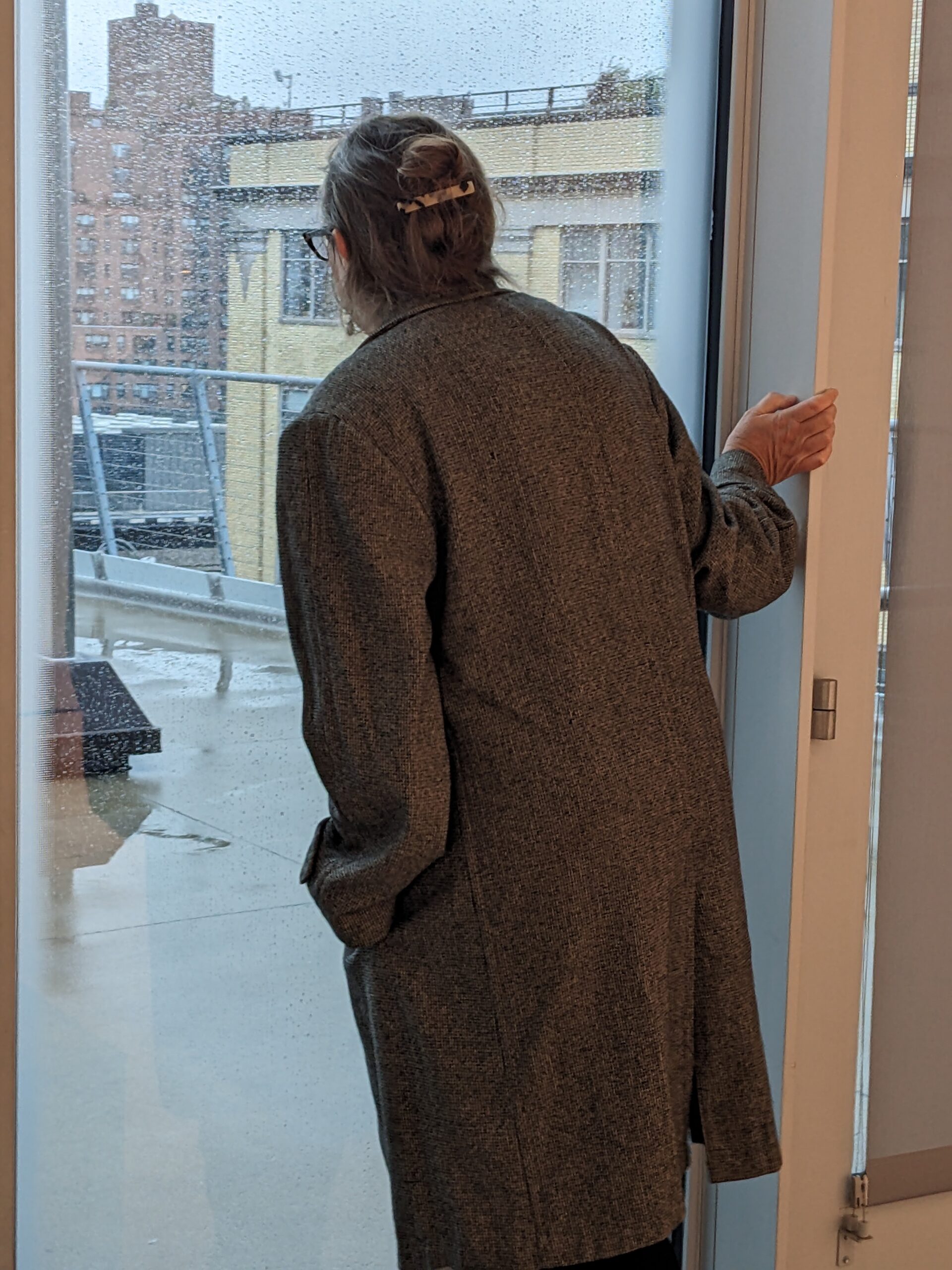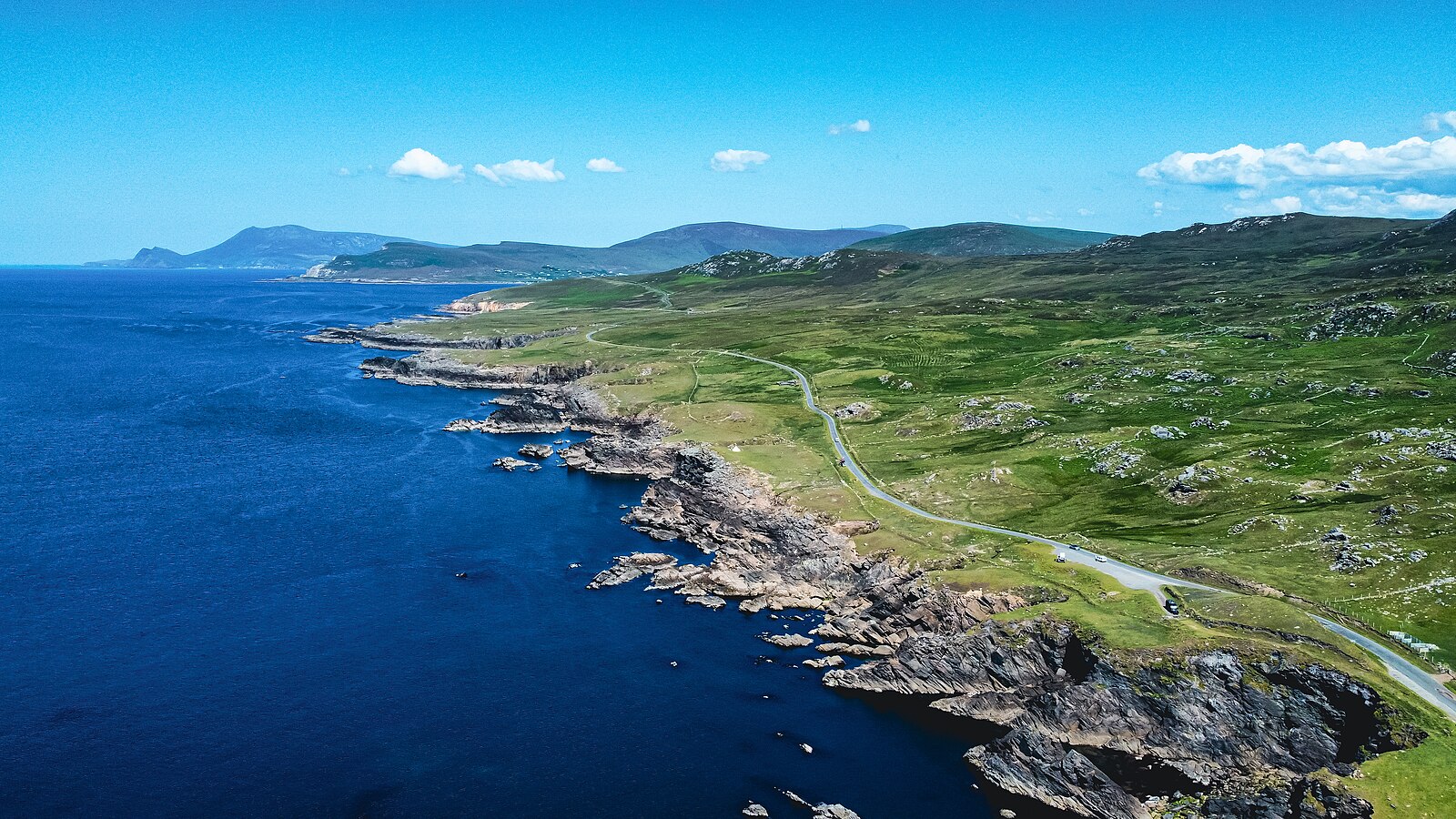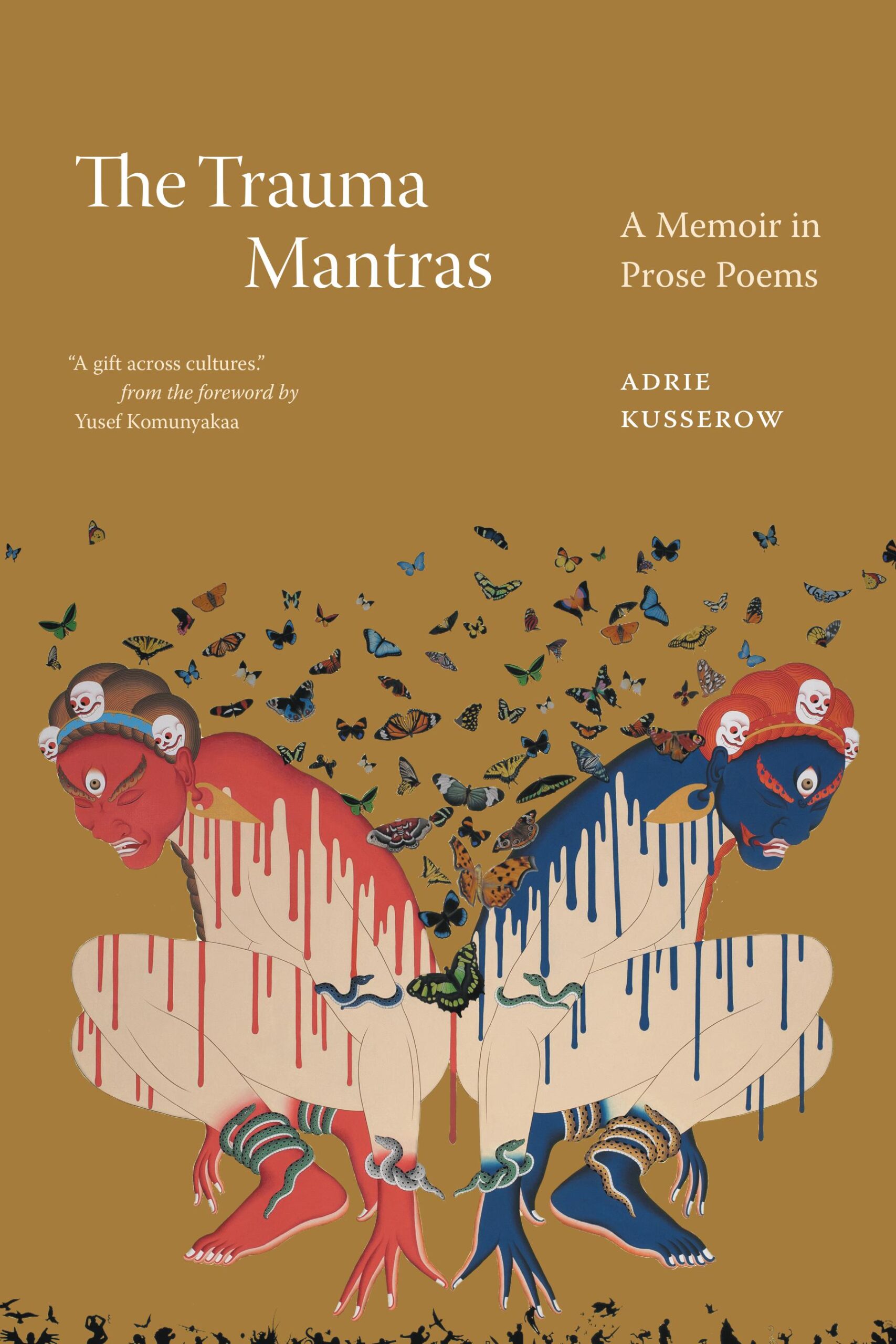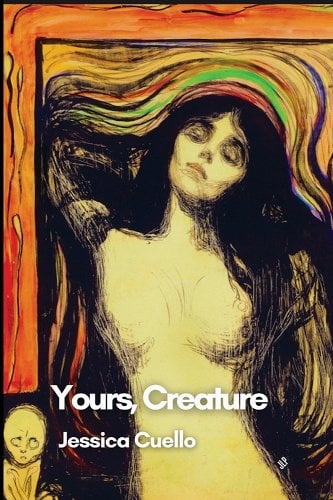By MERYL ALTMAN
—after Pindar, Olympian Ode #1
Water is best; and gold, which shines like fire
burning at night, says this is a very rich man
like nothing else does; and when you need
an image for the thrill of victory, what could be
stronger than the sun? there can, one supposes,
be poems about the moon, or a good loaf of bread,
but no one searches the empty daytime sky
for any fainter star when the sun is shining;
the Olympic Games are the most important
games of all, the wisest most famous poems
are written there by poets who win awards;
and among rich and lucky men the best man
must be our host, at whose well-spread table
we sing, and he picks up the tab without whining.
His horse is the best and fastest horse,
running freely without a touch of the whip,
year after year. Now for the middle section
there should be a story, connecting this race
to some glorious history that may or may not
have happened just as they tell it. Remem-
ber though that when we were still back in Iowa
Corinna said one should sow with the hand,
not with the whole sack. You can’t leave out
the part about Pelops winning the best wife
with the help of his godly boyfriend’s immortal
horses, but cut it way down, and make it confusing.
Stories of gods are tricky. One mustn’t offend them
or anyone else, and someone is sure to object
or propose an alternate version. Safer to stick
to our horse-loving host and his city, which is
the best city, and next time his chariot
will win too, if his luck holds out.
Meryl Altman taught English literature and women’s studies for many years at DePauw University in Indiana. She now lives in Oxford, England.




